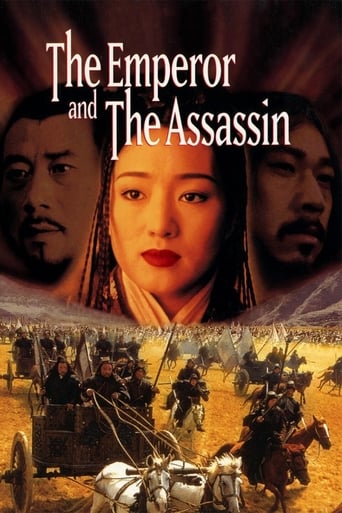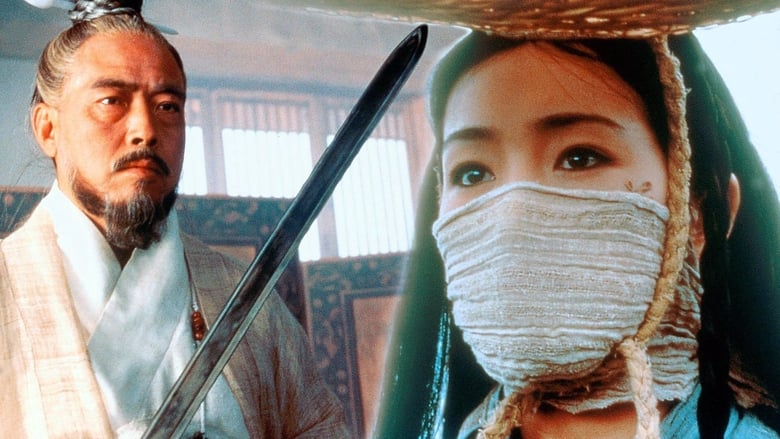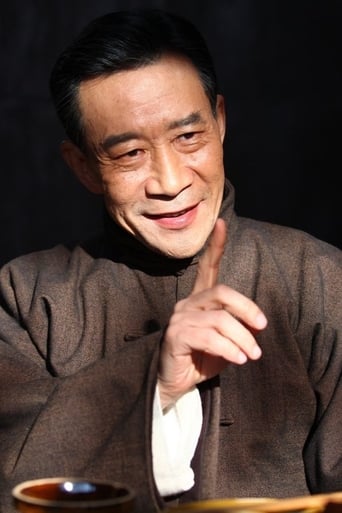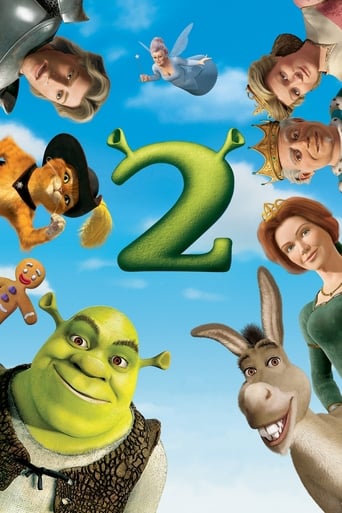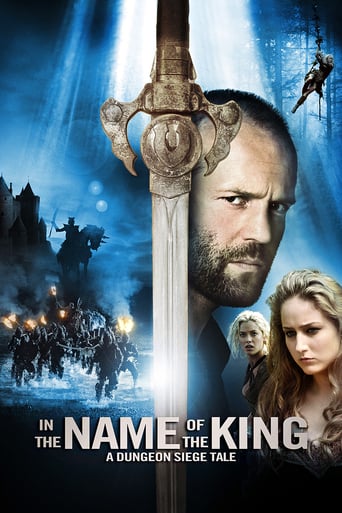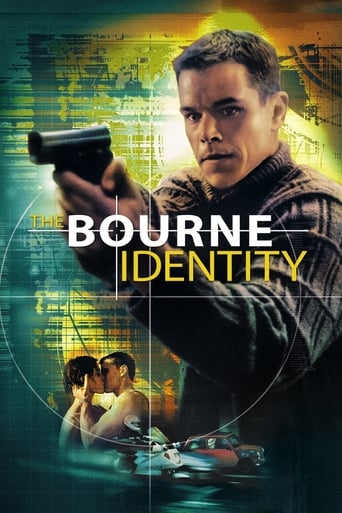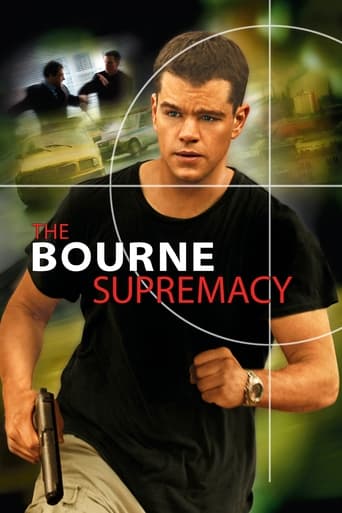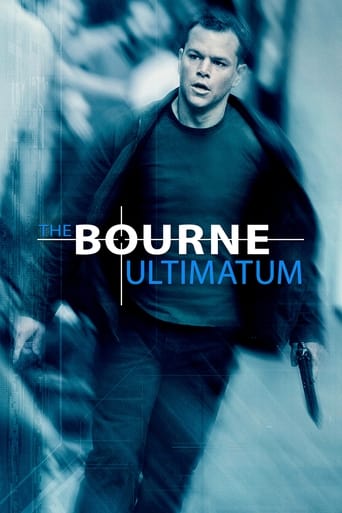The Emperor and the Assassin (1998)
In pre-unified China, the King of Qin sends his concubine to a rival kingdom to produce an assassin for a political plot, but as the king's cruelty mounts she finds her loyalty faltering.
Watch Trailer
Cast


Similar titles
Reviews
Director Zhang Yimou's Hero is playing around the country to widespread critical acclaim. It is undoubtedly one of the most visually beautiful movies of our time. However, American audiences may not fully appreciate what message comes wrapped in this beautiful package.Hero rewrites history's judgment on the movie's central figure, the Emperor Qin a ruthless leader who unified China through the most brutal means by depicting him as a tough but benevolent and misunderstood monarch, in the process also changing the story of the failed assassination attempt on him as well.The historical Emperor Qin was known for his cruelty. The movie does refer to his practice of slaughtering entire villages. It is silent about the tortures he employed, the draconian legal code that involved the cutting off of limbs, his burning of books and suppression of schools of thought, or such incidents as the burying alive of hundreds of scholars who had objected to his rule.The reason for the differences between the historical Emperor Qin and the movie's retelling may be found in the needs of the Chinese Communist Party (CCP).Even before unifying China, the then-King of Qin was hated and feared by both rivals and subjects alike. The neighboring state of Yan (replaced with "Zhao" in the movie) knew that the state of Qin aimed eventually to attack. Officials in the Yan kingdom hired an assassin to kill the King of Qin and help them escape imminent defeat. Jing Ke, the man selected for the job, had to find a method to bring himself close to the King to complete his mission. Pan Yuqi was a disgruntled Qin official who had fled to the state of Yan to escape from the King of Qin's tyrannical rule. He so hated the King of Qin that he offered to allow himself to be killed in order that Jing could gain access by bringing his head to the despot. Jing killed him and brought both Pan's head and a map of the state of Yan that the king coveted, hiding in it a dagger with which to assassinate the tyrant.The King of Qin indeed allowed Jing Ke in his presence, and as the king opened the map offered to him, the assassin deftly procured the knife hidden in the map scroll. Unfortunately, Jing's initial thrust was not strong enough, grazing but not wounding the king. The king was then able to unsheathe his sword and parry any of Jing's successive thrusts. The assassin had no choice but to hurl his weapon at the monarch, but missed. He was later executed.In Hero, the assassin (played by Jet Li) has the opportunity and the skill to dispatch the King, yet decides against it. After abandoning his decision to kill the king, he is executed, and then buried as a hero.The Jet Li character is called "Nameless." Nameless chooses loyalty, and his own death, after a long conversation with the King of Qin. The king asserts that Nameless's quest is only negative, he acts out of hatred and revenge. He reveals that he himself is misunderstood, that the king's strength is used for the sake of unifying a great Chinese nation, a nation that will comprise "everything under heaven" (this crucial phrase was translated in English as "our land").Like the Emperor Qin, Mao Zedong, upon winning the civil war against Chiang Kai Sheik, unified China. Mao was an open admirer of the Qin Emperor. This often-hated emperor came to be seen as a symbol for the Communist Party.Since the Tiananmen Square massacre in 1989, the Chinese Communist Party has used China's state controlled media to make the claim that the Communist Party exists for the sake of a great and unified China. Love of China and love of the Party are conflated, and love of China is taught to be of supreme importance.Zhang's movie fits the CCP script very neatly. It appropriates China's history, its founding moment, the unification by the Emperor Qin, and uses that history to teach the very same lessons that CCP has taught: the need to give up individual claims (what we today call rights) for the sake of a great and powerful China under the rule of a strong leader (the CCP).The leaders of the CCP wish the viewers of the movie to forget some other parallels with the Emperor of Qin. Similar to the Qin Emperor, the People's Republic of China is one of the most brutal and reviled governments in the world. Just as the Emperor of Qin suppressed Confucianism and persecuted those who objected to his rule, the CCP persecutes and tortures all of those with views and beliefs differing from the Party, including Falun Gong practitioners, house Christians, Uigher Muslims, union organizers, and democracy activists.
Unlike most Chinese films that can be related to similar events in history or society, this one may contains spoiler.As classic as it can be, especially the last part of the King facing the assassin, the director put a potential spoiler there by inserting the character of Lady Zhao simply to add Ms. Li Gong to the movie. The acting was not bad and the story still fits, but the character is definitely unnecessary for that eliminating her would not effect the movie.
Kaige Chen's epic co-incidentally covers much of the same historical period as Xiaowen Zhou's Qin Song /Emperor's Shadow (1996) but, despite the greater length and presumably larger budget, it emerges as the lesser of the two epics. Both films concentrate on the first unification of China by the ruthless and troubled King of Qin and feature a conspicuous branding of a female lead. But whereas Emperor's Shadow gives the whole process an obsessive gravitas, despite Kaige Chen's best efforts (and he manages some beautiful looking compositions) the present production is more diffuse and, to me anyway, was on a different level. The earlier film is more powerful (there is nothing as striking as the Tarkovsky-like 'sacrifice of the bells' moment, which is at the start of Qin Song, for instance) even though Kaige Chen has the full advantage of some marvellous locations. The portrait of the Qin King is also less impressive here. Fengyi Zhan simply has far less of a cruel, regal presence in the role than does Wen Jiang, and there is nothing like the overpowering relationship between the Emperor-to-be and his 'soulmate' - be it assassin or musician - that exists in the earlier work holding the long narrative together. Having said that, there is much well mounted angst and drama as the king inevitably exploits many of him around him, some grand battle scenes, and a lot else to enjoy. I would also add Musa to the list of worth-seeing Asian epics which are currently available on cheap import DVDs. This current title has the best picture with none of the occasionally distracting compression problems of the the others (the film is on a 2 sided disk).
This is one heck of a movie. I'm not one for long drawn out epics. I waited five years before seeing Braveheart and thoroughly enjoyed that. This is just as intense but without all the violence and gore. It is a beautiful moving piece of art. The characters show many emotional depths without have to say too much. Gong Li is perfect as Lady Zahn and the assassin is so real as a man who is haunted by his past, once so bloodthirsty, and later redeemable, you can see where Gong Li's character would fall in love with him. It is a historical romance in a weird sort of way but it's like trying to describe a painting to someone. You just need to see it for yourself.

